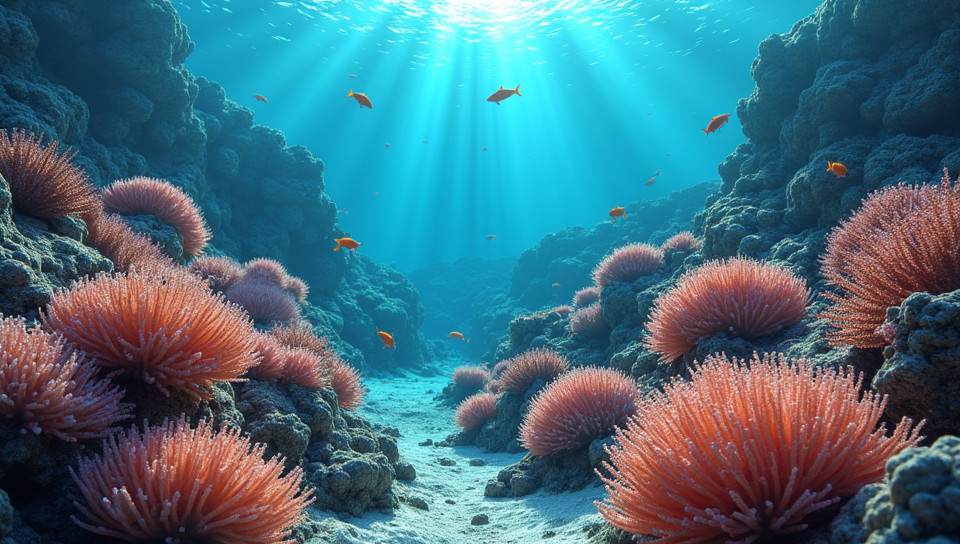New coral development could alter ecosystems 72%

New Coral Development Could Alter Ecosystems
The world's oceans are home to some of the most diverse and complex ecosystems on the planet, and coral reefs are among the most vital components of these underwater landscapes. But a new development in coral research could have far-reaching consequences for these delicate ecosystems.
The Importance of Coral Reefs
Coral reefs provide a habitat for over 25% of all marine species, despite covering only a tiny fraction of the ocean's surface. They also protect coastlines from wave damage and erosion, support commercial fisheries, and generate significant revenue through tourism and recreation.
The Threats Facing Coral Reefs
However, coral reefs are facing unprecedented threats from climate change, pollution, overfishing, and coastal development. Rising sea temperatures are causing coral bleaching events that can kill off entire reef systems in a matter of weeks or months. Pollution from land-based activities is also harming corals, while overfishing and destructive fishing practices are degrading the health of reefs.
New Coral Development: A Double-Edged Sword
A recent breakthrough in coral research has led to the development of new, disease-resistant coral species that could potentially replace dying reefs or even create entirely new ecosystems. While this may seem like a solution to the problems facing coral reefs, it's essential to consider the potential risks and consequences.
- The introduction of new coral species could disrupt delicate balances within existing ecosystems, leading to unforeseen changes in population dynamics and food webs.
- New corals may be more susceptible to disease or other stresses than their natural counterparts, potentially creating new problems down the line.
- The development of new coral species raises questions about ownership and control over these resources, as well as potential conflicts between different stakeholders.
Conclusion
The implications of new coral development are far-reaching and complex, and it's essential that we approach this issue with caution and careful consideration. While the potential benefits are significant, we must also weigh the risks and consequences of altering ecosystems on a massive scale. By doing so, we can ensure that any efforts to save coral reefs are truly sustainable and effective in the long term.
Ultimately, the future of coral reefs depends on our ability to balance human needs with the needs of these incredible ecosystems. As we move forward with new developments in coral research, it's crucial that we prioritize caution, transparency, and collaboration to protect the world's most vulnerable marine ecosystems.
- Created by: Benicio Ibáñez
- Created at: Nov. 9, 2024, 12:44 p.m.
- ID: 15683








